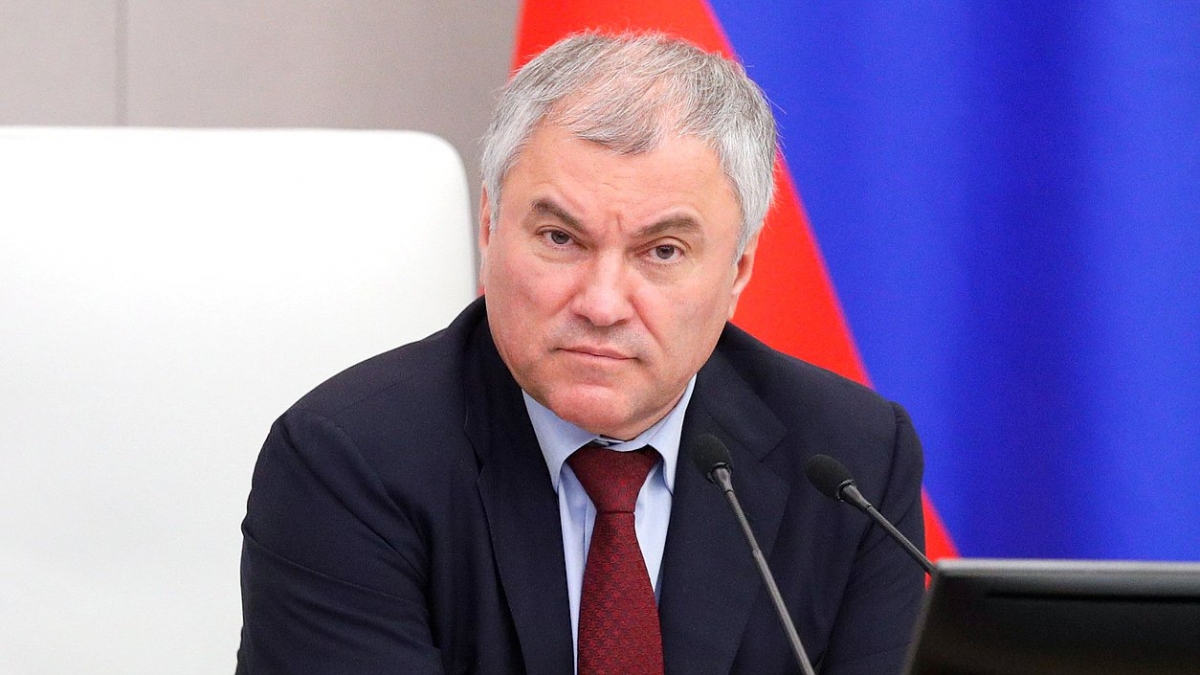Russian State Duma leader Volodin visits Vietnam today
VOV.VN - Chairman of the Russian State Duma Vyacheslav Volodin begins a two-day working visit to Vietnam on September 28 at the invitation of Vietnam’s National Assembly Chairman Tran Thanh Man.

During his stay, the Russian legislator will co-chair the fourth meeting of the Inter-Parliamentary Cooperation Committee between the National Assembly of Vietnam and the State Duma of Russia.
This is Volodin’s third visit to Vietnam as Chairman of the Russian State Duma. The visit is of great significance as the two countries are celebrating the 75th anniversary of their diplomatic relations this year.
In recent months, a number of high-level exchanges have been carried out, including Party General Secretary To Lam’s official visit to Russia in May 2025, Prime Minister Mikhail Mishustin’s visit to Vietnam in January 2025, and the visit of First Deputy Chairman of the Federation Council Vladimir Yakushev to attend Vietnam’s National Day celebrations.
Bilateral economic and trade cooperation has continued to grow, with two-way trade nearing US$4.6 billion in 2024, an increase of 26% year on year. As of August 2025, Russia had 199 investment projects in Vietnam with a total registered capital of nearly US$1 billion, ranking 26th out of 147 foreign investors in the country.
Scientific and technological cooperation, along with education, culture, and people-to-people exchanges, also remain vibrant, notably with the ongoing Nuclear Science and Technology Research Centre project in Vietnam.
According to Vietnamese Ambassador to Russia Dang Minh Khoi, Volodin’s visit is an opportunity for leaders of the two countries to comprehensively discuss key areas of cooperation, address existing challenges, and set directions for the future.
At the fourth meeting of the Inter-Parliamentary Cooperation Committee, the two sides will share legislative experiences, discuss the supervisory role of parliaments in implementing cooperation, and put forward recommendations to help their governments tackle specific issues in current bilateral relations.




